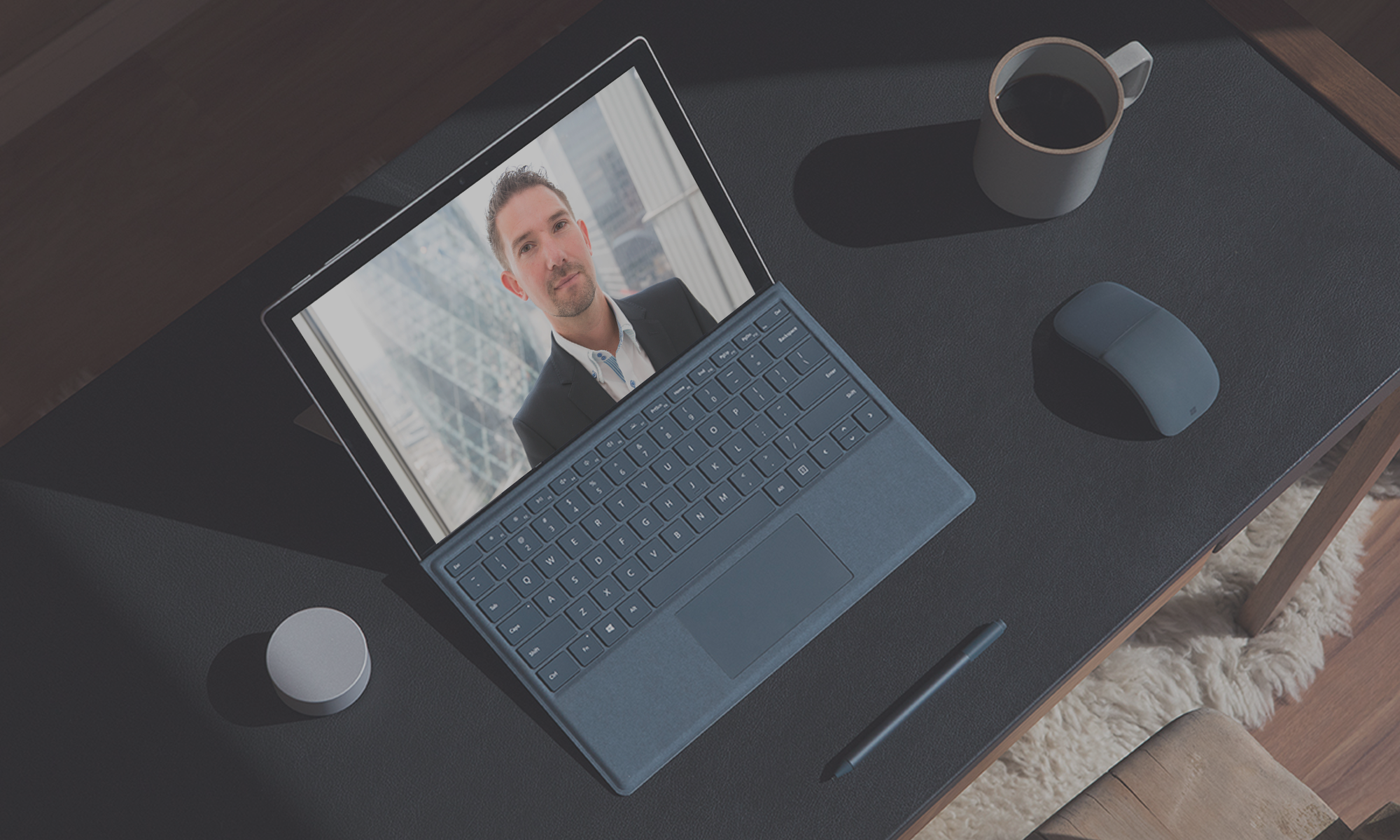Microsoft said yesterday in a blog post that they will “pay legal damages on behalf of customers using its artificial intelligence (AI) products if they are sued for copyright infringement for the output generated by such systems“.
In the post, Microsoft said that they will assume responsibility for the potential legal risks arising out of any claims raised by third parties for copyright infringement so long as their company’s customers use “the guardrails and content filters” built into their AI powered products which include Bing Enterprise Chat and Microsoft 365 Copilot. Microsoft said that this offers functionality that is designed to reduce the likelihood that their AI-powered services will return content that infringes copyrighted content.
Microsoft is announcing our new Copilot Copyright Commitment. As customers ask whether they can use Microsoft’s Copilot services and the output they generate without worrying about copyright claims, we are providing a straightforward answer: yes, you can, and if you are challenged on copyright grounds, we will assume responsibility for the potential legal risks involved.
Microsoft
Microsoft’s say that their Copilot Copyright Commitment will protect customers so long as they have “used the guardrails and content filters we have built into our products” said Hossein Nowbar, [CVP and Chief Legal Officer at Microsoft] in their blog post yesterday. Microsoft also pledged to pay related fines or settlements and said it has taken steps to ensure its Copilots respect copyright.
Microsoft’s pledge comes are part of their ethical use of AI commitments and say that “We believe in standing behind our customers when they use our products – we are charging our commercial customers for our Copilots, and if their use creates legal issues, we should make this our problem rather than our customers’ problem“.
Generative AI is now everywhere
Generative AI applications leverage existing content such including news, images and artwork, and evening programming code and use it to generate new “AI generated” content which may use combinations of different data sources. Microsoft is embedding much of this technology, powered by their partnership with OpenAI Inc, into their core technology products like Windows 11 and Microsoft 365 which as a potential to put their customers in “legal jeopardy”.
With the proliferation and growing use of generative AI – people are using these tools to generate text, images, sounds, other data, and people have raised concerns over the technology’s ability to generate content without referencing it to its original authors. To address this Microsoft, said that “We are sensitive to the concerns of authors, and we believe that Microsoft rather than our customers should assume the responsibility to address them. Even where existing copyright law is clear, generative AI is raising new public policy issues and shining a light on multiple public goals. We believe the world needs AI to advance the spread of knowledge and help solve major societal challenges. Yet it is critical for authors to retain control of their rights under copyright law and earn a healthy return on their creations“.
Protecting and upholding Copyright Laws
Artists, writers, and software developers are already filing lawsuits or raising objections about their creations being used without their consent which has accelerated since the available of Generative AI tools exploded with the release of ChatGPT back in November 2022. This includes programmers, artists, and authors.
I cannot show you that, as it would be unethical and illegal to do so. AI breaching copyright is a genuine issue that affects many artists and creators who have their original works used without their permission or compensation.
There are already several lawsuits against AI firms, which are testing issues of copyright. For example, three artists have filed a case against Stability AI, the company behind Stable Diffusion, Midjourney, and DeviantArt, an online art community with its own generator called DreamUp. They allege that the company unlawfully copied and processed their artworks without permission or license.
Microsoft say that their Copilot Copyright Commitment extends their existing intellectual property indemnification coverage to copyright claims relating to the use of its AI-powered assistants called Copilots and through to their AI powered Bing Chat Enterprise.
Microsoft state in their blog that “we have built important guardrails into our Copilots to help respect authors’ copyrights. We have incorporated filters and other technologies that are designed to reduce the likelihood that Copilots return infringing content. These build on and complement our work to protect digital safety, security, and privacy, based on a broad range of guardrails such as classifiers, meta prompts, content filtering, and operational monitoring and abuse detection, including that which potentially infringes third-party content”.
You can already see evidence of this safety net in tools such as Bing Enterprise Chat where the tools will do what it can to avoid purposely breaching copyright.

Further Reading
Microsoft on-the-issues blog (source): https://blogs.microsoft.com/blog/2023/06/08/announcing-microsofts-ai-customer-commitments/
Microsoft AI Commitments:
https://blogs.microsoft.com/blog/2023/06/08/announcing-microsofts-ai-customer-commitments/
Five things you need to know about Microsoft 365 Copilot: https://robquickenden.blog/2023/08/microsoft365copilot-5keythings/


One Reply to “Legal Damages Covered by Microsoft for their AI Customers”